Interested in US election history?
Once every four years, Americans everywhere participate in a national contest to determine the direction of their country for the ensuing four years. In a sacred civic responsibility, voters elect representatives who will determine the policies and laws that will regulate the tenor of life in America, and by extension, the world. On November 5th, Americans will once again flock to the polls to announce their preference for the Executive branch.
Presidential elections naturally incite passion, rancor and divisiveness. 2024 is no exception, with Americans once again in the midst of selecting from two diametrically opposed visions. In this article, we’ll delve further into US election history, elaborating on 12 fun facts that have shaped this critical civic duty.
The Curious Case of Grover Cleveland
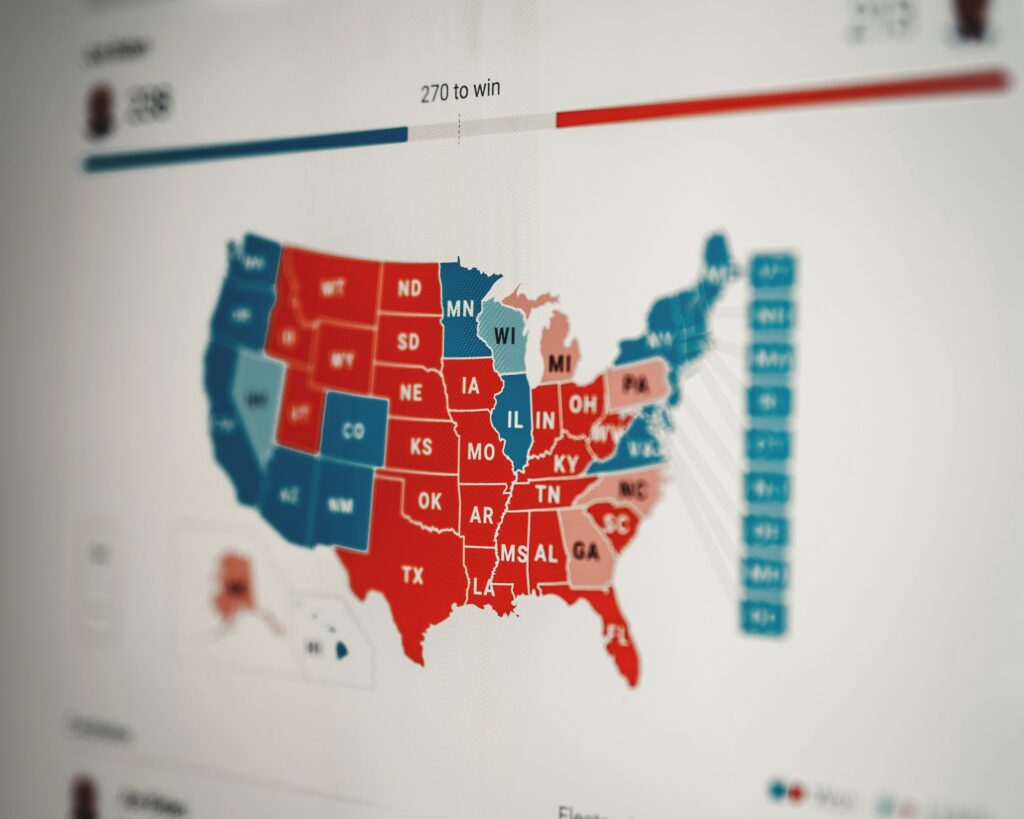
Grover Cleveland was elected as the US President in 1884 as a Democrat, largely running on a platform of increasing government efficiency. In 1888, he lost his re-election campaign to Republican Benjamin Harrison, who sought the implementation of protective tariffs intended to foster domestic industry. In 1892, Grover Cleveland was again the Democratic Party nominee, unexpectedly winning re-election as a consequence of the increasing influence of the Populist Party, a third-party that gained traction in the Midwest.
Grover Cleveland remains the only President in American history, therefore, to serve in non-consecutive terms.
Low Life Expectancy – US Election History
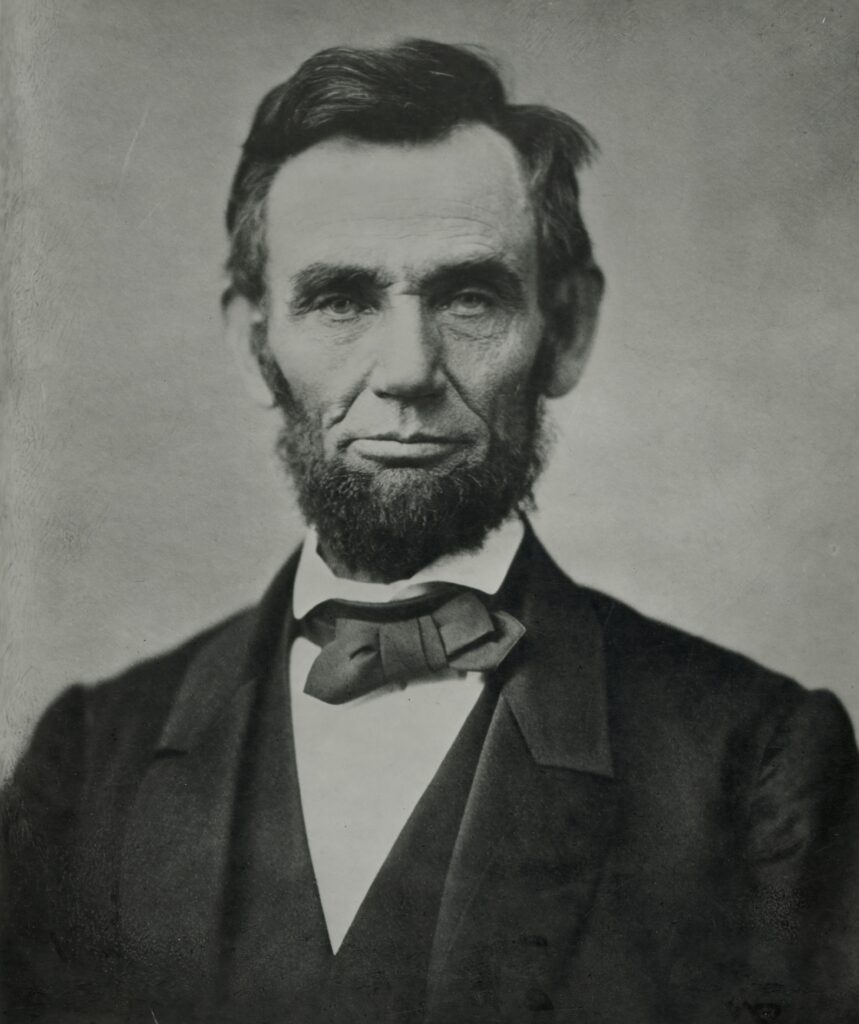
Eight presidents have perished while serving, an astonishingly high number given that only 45 men have been elected to the presidency. William Henry Harrison was the first President to expire in office in 1841, after contracting a cold that metastasized into a severe case of pneumonia. President Zachary Taylor died from an ongoing case of gastroenteritis that was exacerbated by the poor sanitary conditions then prevalent in Washington. Abraham Lincoln was assassinated by John Wilkes Booth in 1865, after ushering the embattled nation through the Civil War. President James A. Garfield was assassinated in 1881 by Charles J. Guiteau, a disgruntled burueacrat. William McKinley was assassinated in 1901 by anarchist Leon Czolgosz. Warren G. Harding died of a heart attack in 1923, two years into his first term. Franklin D. Roosevelt died of a cerebral hemorrhage in 1945, after leading the country through both the Great Depression and the Second World War. Finally, John F. Kennedy was assassinated in 1963 during a televised motorcade through Dallas by Lee Harvey Oswald.
Clearly, being the President of the United States is not for the faint of heart.
The Candidate of Unity

The first presidential election in the country’s history transpired in 1789. To no one’s surprise, General George Washington was unanimously elected, winning 69 electoral votes and entering office with a universal mandate to lead. Having previously served as the commander-in-chief of the Continental Army and as the president of the Constitutional Convention in 1787, he was the natural selection. On April 30, 1789, at the Federal Hall in New York City, Washington was sworn in as the nation’s first President. After serving two terms, Washington voluntarily left office, establishing the two-term precedent that was not violated till the presidency of Franklin Delano Roosevelt.
Born in the USA – US Election History
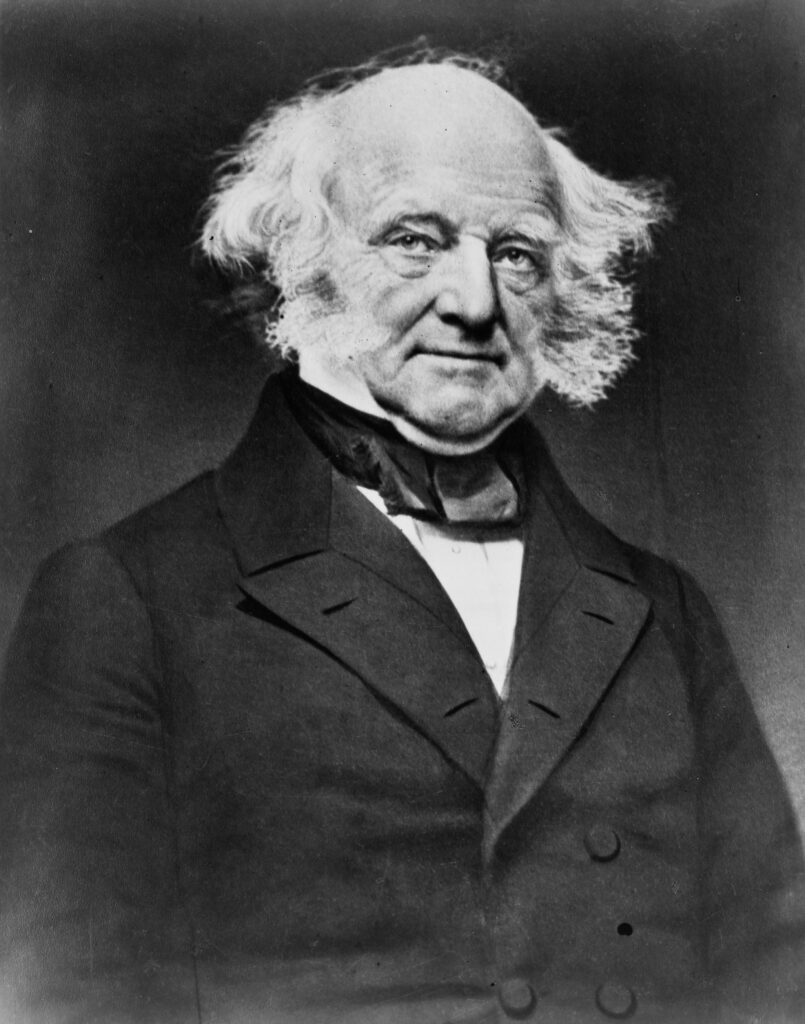
The first natural-born American president was Martin Van Buren, who was elected in 1836. All Van Buren’s predecessors had been born subjects of the British Empire.
Falling Upward
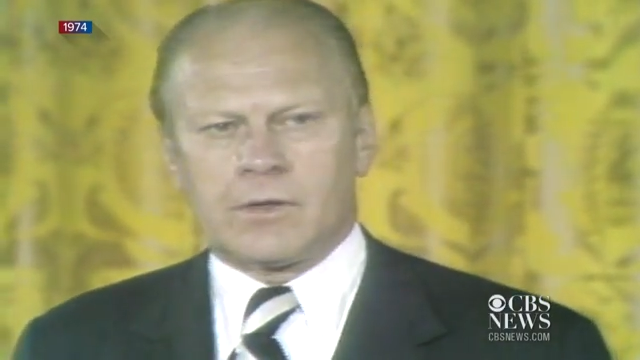
Gerald Ford is a unique figure in American history. He never won a general election, yet served as both Vice President and President.
Richard Nixon won the presidency in 1968, running on a ticket featuring Maryland Governor Spiro Agnew. In 1973, however, Agnew resigned after the United States Attorney General began investigating him for suspected criminal conspiracy, bribery, extortion, and tax fraud. Neutered of his Vice President, the constitutional terms of succession were clear: Nixon nominated Gerald Ford, the leader of the Republican Party in the US House of Representatives. Ford was thus appointed as Vice President.
Tensions persisted around the Nixon Presidency, however, as more incriminating evidence mounted around the Watergate scandal in 1972. In 1974, bowing to pollical pressure, President Nixon resigned his position, and Ford was summarily elevated to the presidency.
Ageism? – US Election History
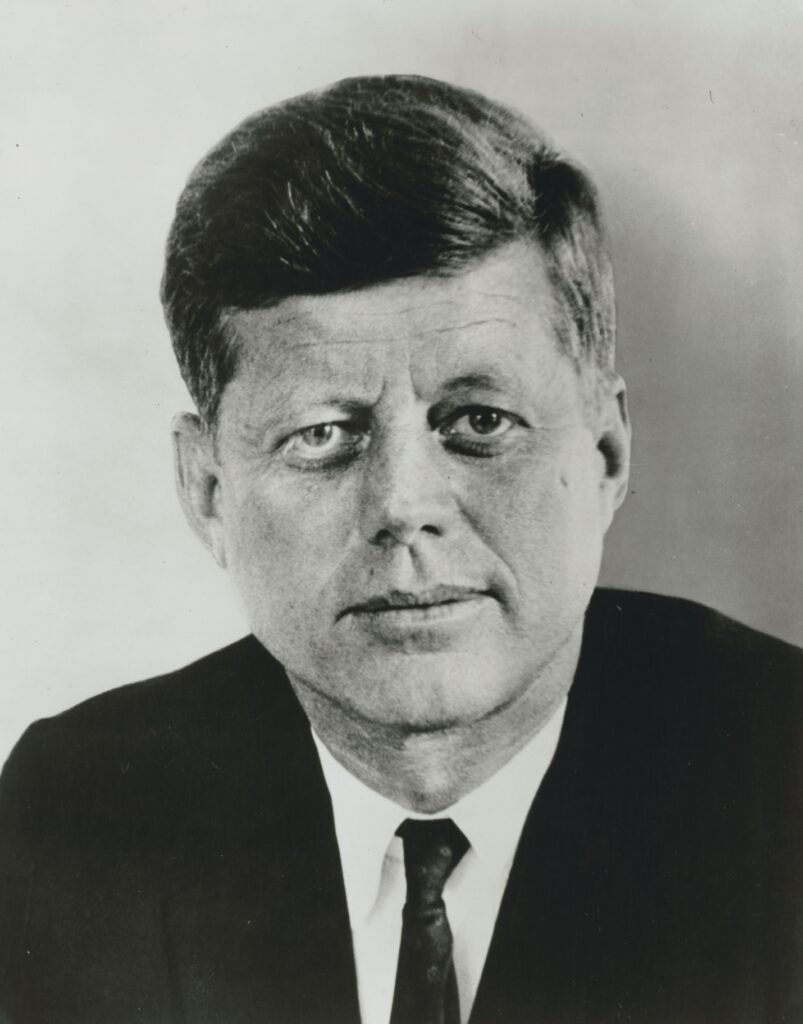
John F. Kennedy is the youngest elected President ever, winning the presidency at the tender age of 43. He was also the nation’s first Catholic President. The oldest President to ever be elected is Joe Biden, who was elected at the age of 78.
November 5th
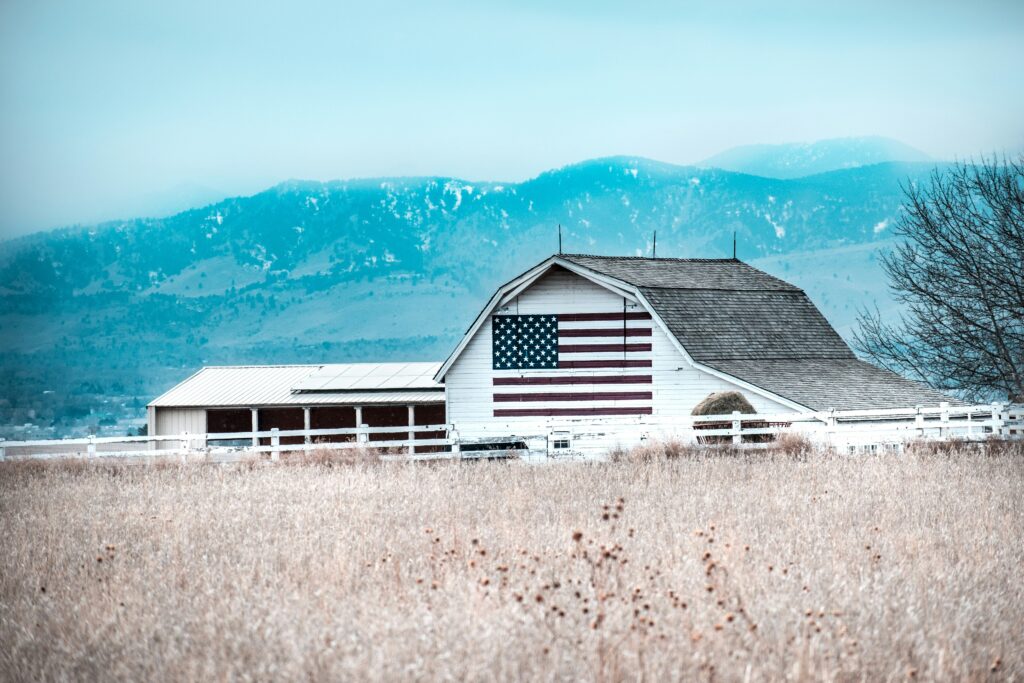
Have you ever wondered why elections are held in early-November? It was largely an arrangement established to accommodate farmers. During the 19th century, the vast majority of Americans were involved in the agrarian economy. Farmers were not easily able to travel until harvest concluded, and harsh winter conditions made it ponderously difficult to vote between the months of December and March. Hence a compromise was reached, leaving late Fall as the most convenient and accessible time to vote.
“No Idiots” Clause – US Election History
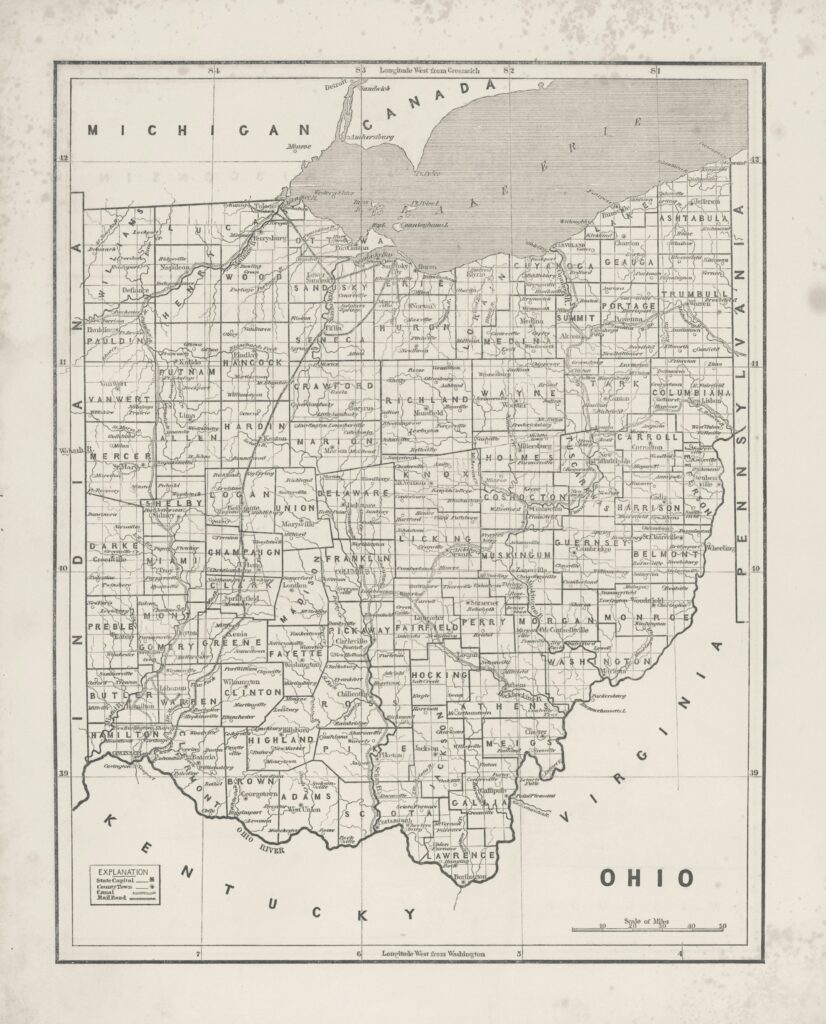
Ohio’s first written constitution officially prohibits “idiots” from voting. Article V, Section 6 of Ohio’s constitution explicitly states that “No idiot, or insane person, shall be entitled to the privileges of an elector.”
A Vulgar Slogan

In 1928, the election featured a contest between Republican Herbert Hoover and Democrat Al Smith. Even in the 1920s, clever campaign slogans were associated with each candidate. Al Smith, the Governor of New York, was a fierce opponent of Prohibition. Hence, to show his support for the legal distribution and sale of alcohol, Smith popularized a bawdy campaign slogan: “Vote for Al Smith and he’ll make your wet dreams come true.”
Wrap it Up! – US Election History

Inaugural addresses generally offer an outline of the goals the elected President intends to pursue while in office. Some can be terse summaries, while others can be grandiose and extravagant. The shortest inaugural address was given by George Washington, limited to only 135 spare words. The longest inaugural address ever delivered was from William Henry Harrison, whose text consisted of 8,460 words. Harrison’s speech lasted for over two hours and was delivered during a violent snowstorm. It is suspected that the genesis of the pneumonia Harrison eventually contracted – and which would ultimately kill him – was the harsh weather conditions at his inaugural address.
Jailhouse Candidate?

In 1920, one of the presidential candidates on the ballot organized his campaign from prison. Eugene V. Debs, who was jailed due to his fervid opposition to World War I, ran as the candidate for the Socialist Party. Running for the presidency while imprisoned turned out to be a poor formula for success and Debs was only able to muster 3% of the popular vote.
The Red Wave – US Election History

Electorally speaking, Ronald Reagan is the most popular president in United State history. In 1984, Reagan won 49 out of 50 states, earning 525 electoral votes. That number has yet to be passed by any other presidential candidate, Republican or Democrat.




